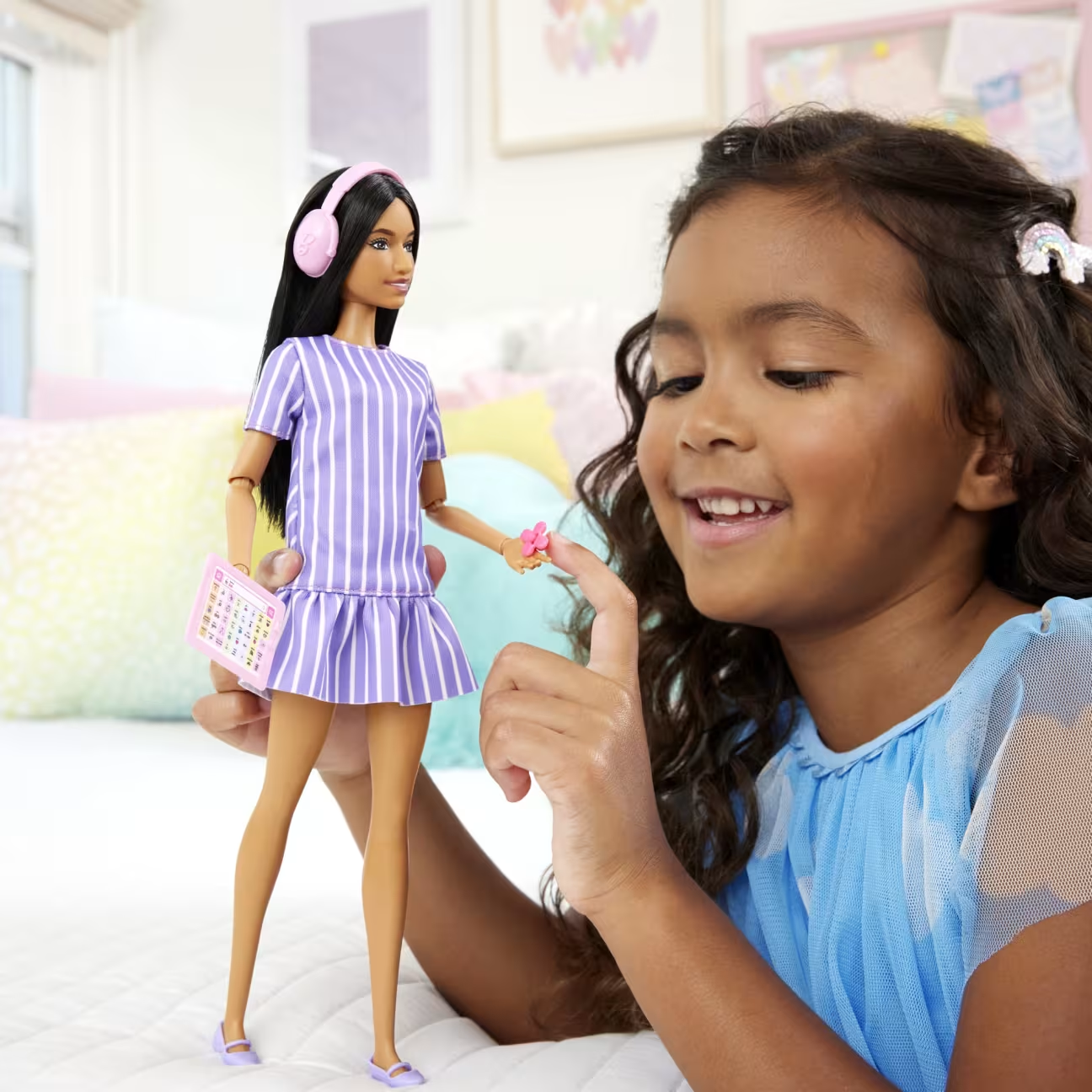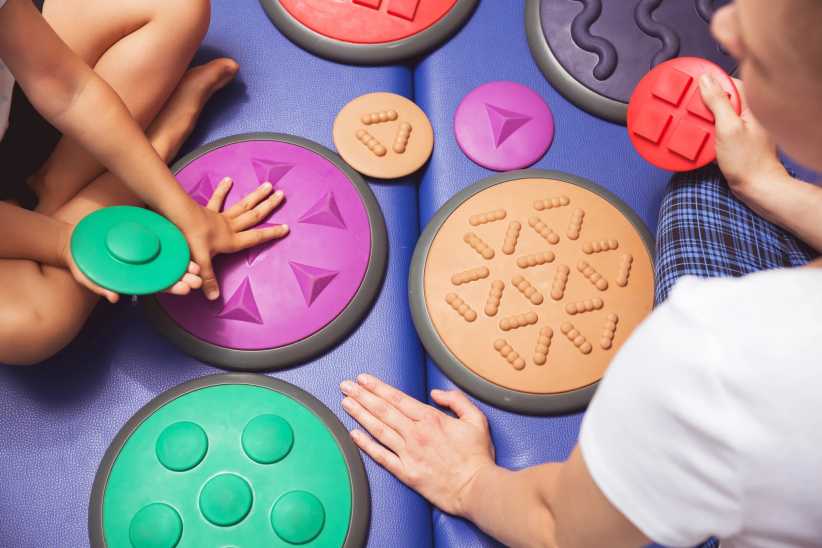Pediatric dentists see patients with all kinds of special health needs, developmental conditions, and disabilities. Autism is a relatively common condition affecting children throughout the country. Children with autism usually present with a spectrum of disorders and often have difficulty communicating or interacting with others. Of course, children with autism need dental care just like every other child, but treating patients with autism can be a challenge for dental professionals. And, as with other children, pediatric dentists are well-equipped to work with autistic patients.
Loud sounds, bright lights, certain smells, and sometimes touching can overwhelm a patient with autism. This presents a special challenge for dental treatment, because as anyone who has gone to a dentist knows, pretty much everything about dentistry involves these things. However, dentists will try their best to put the child at ease. Other than these sensitivities and the patient’s reaction to them, the dental problems are pretty much like every other patient. Special attention to oral hygiene is helpful along with a measured approach to dental examinations and cleanings.
When fillings or other treatment is needed, sedative medications can often help autistic patients more easily cope with the stimulus and stress of their environment during treatment. In a few cases where extensive procedures are required, general anesthesia might be considered. Each child is different and treatment modalities for one may differ for the next. As patients with autism may present reactions and symptoms in varying degrees, many can be treated in a similar manner to other children. Most parents are well aware of their child’s conditions and limitations, and are usually very helpful when treatment is necessary.
Most important is to make sure that parents of an autistic child choose a dental provider as early as possible. The more familiar the child is with the dental environment, including the doctor and staff, the easier treatment will become. Pediatric dentists are usually properly equipped with the knowledge and experience of dealing with all children, especially children with special health needs.
Of course, parents should do their part in properly caring for their child’s oral health by daily brushing and flossing, as well as making sure their child sees a pediatric dentist at least twice a year.













